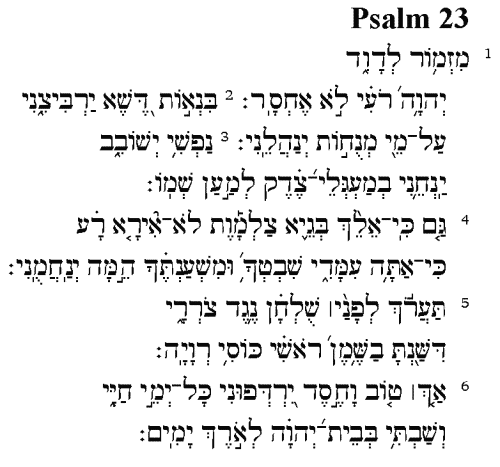Sometimes people are looking for philosophically sophisticated answers to common objections. Others come looking for a list of sure-fire 'evidences' that will convinced their unbelieving friends.
I realized this in a new way back in early 2004, when my friend Brenda asked me to present something akin to an 'Apologetics Workshop 101' for a group of college students at UCSD. They were a good group of kids, but what I noticed is that almost all of the questions the kids asked fell in one of these 2 groups.
That's when I realized that modern evangelicalism has conditioned people to think of 'apologetics' in a completely wrong manner. This explains largely why I just don't get excited when I see a new book coming out on apologetics...because so many of them (if not most of them!) are just not worth my time for perusal.
 However, the recent publication of Revelation and Reason: New Essays in Reformed Apologetics (ed. Oliphant and Tipton) is a happy exception, a book that cuts through the confusion caused by so much of modern Christian thinking on the discipline of apologetics. Oliphant and Tipton explain the following near the beginning:
However, the recent publication of Revelation and Reason: New Essays in Reformed Apologetics (ed. Oliphant and Tipton) is a happy exception, a book that cuts through the confusion caused by so much of modern Christian thinking on the discipline of apologetics. Oliphant and Tipton explain the following near the beginning:"Because the defense of Christianity has, at least historically, taken place in the context of philosophical objections to the faith, apologetics has taken on a reputation as, in the first place, a philosophical discipline. Much of the history of apologetics has been concerned to show, philosophically, that Christianity can stand intellectual scrutiny and emerge without too many bruises.
The trend, however, has had the effect, directly or indirectly, of undermining the discipline itself. It has led many believe, and some to argue, that the most difficult issues of philosophical theology or theological philosophy should be engaged only by those philosophically trained, those whose minds have been able to meld together the best of theology with the best of philosophy." (p. 2)
Here's a rather condensed summary for the precise reason I have virtually no interest in 'apologetics' books...because they seem more intent on dealing in the realm of philosophical abstraction that Biblical argumentation.
If you want a book with some great articles that suppliment good apologetics with fresh exegetical insists, this book succeeds in ways that few (if any) in the past have fared.
Gaffin's exegesis of I Cor. 2:6ff. (Chapter 1), Tipton's look at the Apostle Paul's Mars Hill defense (Chapter 2), and Tipton's redemptive-historical reflection on Paul's Christology argument in Colossians 1 & 2 (Chapter 5) are three of the chief highlights that stand out, particularly because they refuse to deal in the realm of theological abstractionism that's devoid of careful textual consideration.
Get this book and read it!






No comments:
Post a Comment